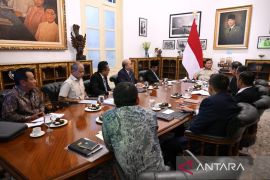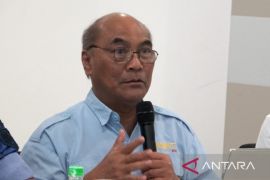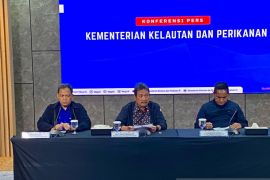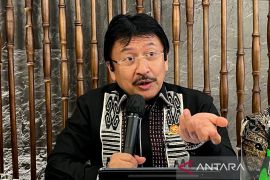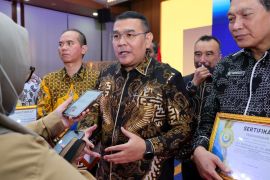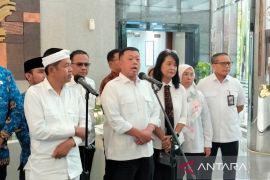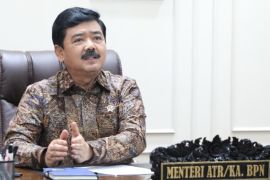He emphasized that effective agrarian and spatial policies are crucial for realizing the president’s core visions on food security, energy security, national industrialization, and affordable housing.
"Spatial planning is key to balancing all these visions, which rely on the availability of land," Wahid noted in a statement cited in Jakarta on Friday.
The minister elaborated that proper spatial planning ensures that development initiatives across various sectors do not overlap or contradict each other.
On that note, he underlined the importance of aligning regional spatial planning frameworks (RTRW) and detailed spatial plans (RDTR) with the broader national development agenda.
"It is crucial for us to ensure that all development projects are complemented with proper planning because erroneous spatial planning signifies misunderstandings about development visions," Wahid affirmed.
He further revealed that the ATR Ministry plans to coordinate with regional governments to finalize the formulation of around two thousand RDTRs within the next two years.
Wahid’s statement reflects the ministry’s strong commitment to synchronizing spatial plans to support national objectives of self-sufficiency in food and energy, advancing industrial growth, and expanding people's access to affordable and decent housing.
He made similar remarks during a ceremony commemorating 2025 National Agrarian Affairs and Spatial Planning Day in Jakarta on September 24.
"Agrarian and spatial planning policies will only be meaningful if they directly benefit the public," he stated, noting that his ministry is committed to ensuring fair and responsible use of land and space to support President Prabowo's core missions called the Asta Cita.
Related news: Indonesia unveils waterfront city plan to boost blue economy
Related news: Minister of Agrarian Affairs ensures land policy benefits the public
Related news: Electronic land certificates simplify public access, security
Translator: Aji C, Tegar Nurfitra
Editor: Azis Kurmala
Copyright © ANTARA 2025

